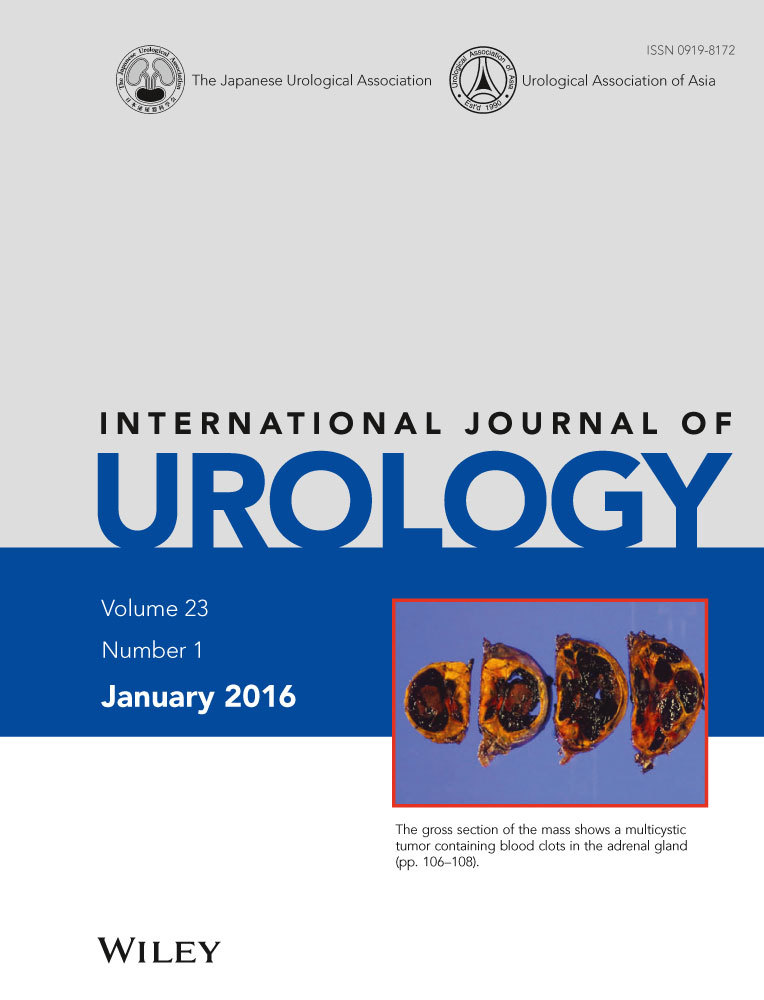Validation of active surveillance criteria for pathologically insignificant prostate cancer in Asian men
Abstract
Objectives
To validate the ability of contemporary active surveillance protocols to predict pathologically insignificant prostate cancer among Asian men undergoing radical prostatectomy.
Methods
We retrospectively reviewed data on 132 patients eligible for any active surveillance criteria out of 450 patients that underwent radical prostatectomy at several institutions between 2006 and 2013. We validated the ability of seven contemporary active surveillance protocols to predict pathologically insignificant prostate cancer. Traditional and updated criteria to define pathologically insignificant prostate cancer were used. Predictive factors for pathologically insignificant prostate cancer were determined by logistic regression analysis.
Results
The predictive rate for updated pathologically insignificant prostate cancer of respective active surveillance criteria was 51% for Johns Hopkins Medical Institution, 41% for Prostate Cancer Research International: Active Surveillance Study, 39% for University of Miami, 32% for University of California, San Francisco, 32% for Memorial Sloan-Kettering Cancer Center, 31% for Kakehi and 27% for University of Toronto. Predictive rates for pathologically insignificant prostate cancer in Asian men were far lower than in USA men. On multivariate analysis, predictive factors of updated pathologically insignificant cancer was prostate volume (odds ratio 1.07, P = 0.004). By adding prostate volume to Prostate Cancer Research International: Active Surveillance Study criteria, the predictive rate for updated insignificant prostate cancer was improved up to 66.7%.
Conclusions
Active surveillance can be carried out considering the clinical characteristics of prostate cancers depending on ethnicity, as current active surveillance criteria seem to have a lower predictive ability value of insignificant prostate cancer in Asian men compared with men in Western countries.




